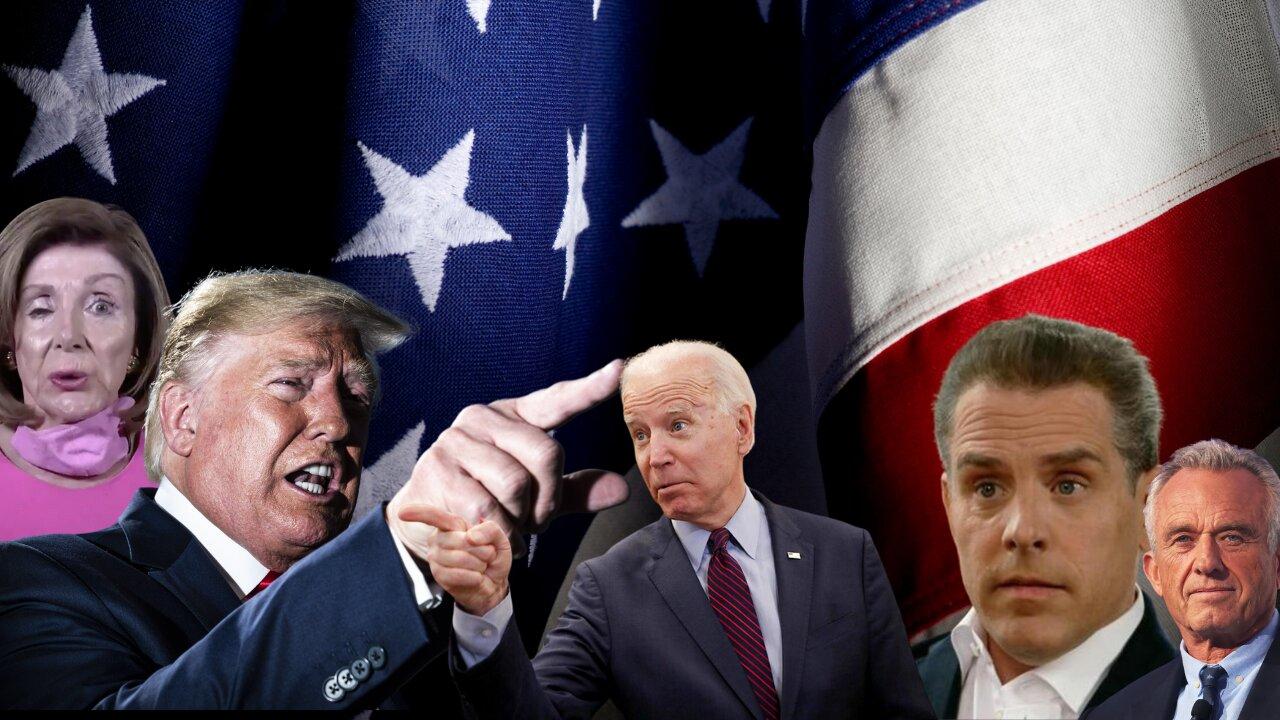Shifting Sands: The Latest on Governmental Terrain

This politics landscape is continuously evolving, and as we move toward the upcoming 2025 election cycle, a series of notable shifts have commenced to reshape the story in Washington and elsewhere. With the growing influence of third-party voters to the reappearance of impeachment discussions talks, the factors at play are more complex than ever before. As voters become increasingly engaged and aware, understanding the current climate is vital for anyone looking to steer through the complexities of American politics.
In the coming months, key concerns like climate change, foreign policy shifts, and the role of youth in elections will take center stage. With emerging alliances forming in Congress and discussions about cross-party collaboration heating up, it is clear that the conventional political playbook is being rewritten. As we explore deeper into these critical topics, we will explore what they mean for the prospects of democracy and the implications they hold for the upcoming 2025 elections.
The Emergence of Independents
The political landscape in the U.S. is witnessing a notable shift with the emergence of nonpartisan candidates and electorate. As party loyalties become increasingly insignificant to many, independent candidates are arising as a formidable presence, challenging the established dominance of the two-party system. This trend is particularly noticeable among younger voters, who seek choices that more accurately reflect with their principles and beliefs. Surveys indicate that a larger segment of the populace identify as independents, suggesting a demand for a different approach on leadership that overcomes party lines.
Recent elections have demonstrated the potential impact of independents on election outcomes in key races. These participants often exploit dissatisfaction with traditional parties, providing a different narrative that strikes a chord with voters tired of party conflicts. The triumph of independents in multiple state and local races has encouraged established parties to rethink their plans, as the electoral gains made by independent movements underscore the necessity for evolution in their messaging and policies. This could signal the beginning of a different political age, where independent candidates play a key function in shaping the political agenda.
As we approach the upcoming election cycle, the influence of independent candidates may increase even more pronounced. With pivotal swing states up for grabs, independent candidates could draw essential votes away from traditional party candidates, shifting the nature of election strategies. The distinct platforms and platforms that these independents adopt may resonate with disenchanted constituents who seek change, making them key players in shaping the political direction of the country. As this trend continues to develop, it raises critical issues about the outlook of the U.S. democratic system and the sustainability of a multi-party system in a traditionally bipartisan context.
Election Countdown Timer and Key Issues
As the 2025 vote approaches, political landscapes are quickly shifting. The timer has begun, and candidates from the two main parties are gearing up for what promises to be a highly competitive cycle. The rise of independent candidates has ignited discussions about whether we are entering a different political era, as these figures appeal to a growing segment of voters disillusioned with traditional party lines. This movement could potentially reshape how campaigns are conducted and who emerges as front-runners in the most pivotal states.
Important matters are at the forefront, with voters increasingly concerned about democracy itself. As debates around gerrymandering intensify, and fears of manipulation of elections come back, the populace are questioning the integrity of the election system. Additionally, key topics such as environmental issues, economic strategies, and foreign policy are dominating conversations. Candidates will need to articulate clear positions on these issues, as they significantly influence how people vote, particularly among younger demographics eager for change.
As the political climate heats up, the Supreme Court's expected decisions could also influence the voter base. With major rulings anticipated on key issues, aspirants must move through these waters cautiously, aligning their messages with public sentiment. The 2025 election is not just about who will assume power; it reflects deeper societal concerns and emerging trends that could influence the nation's future for a long time to come.
New Electoral Trends
The electoral landscape is seeing a notable rise in independent candidates, showing a deepening dissatisfaction with the traditional two-party system. As voters more and more identify as independents, this shift could signal the dawn of a novel political era. With a hunger for fresh views and solutions, independent candidates are gaining traction, particularly among younger voters dissatisfied with established options. This movement suggests that the electorate is looking for alternatives, potentially reshaping the landscape as the upcoming vote approaches.
Another movement gaining prominence is the importance of younger generation engagement in politics. Helpful site could be strongly influenced by younger generation voters who are more outspoken and participatory on issues like climate change, social justice, and political reform. As the population landscape shifts, candidates will need to adapt their positions with the values and priorities of this generation to gain their support. The increased participation of youth at the ballot box could very well be the deciding factor that alters the predicted outcomes in key races.
Moreover, the growth of populism sentiments continues to disrupt the established order. While some argue that this movement is losing its influence, there are clear signs that grassroots movements are adapting rather than fading away. This blend of historic and modern populism is prompting established politicians to reevaluate their strategies. As various groups within parties grapple with their identity, the key question remains: can populism endure the next election, or will it be relegated to the annals of history?

